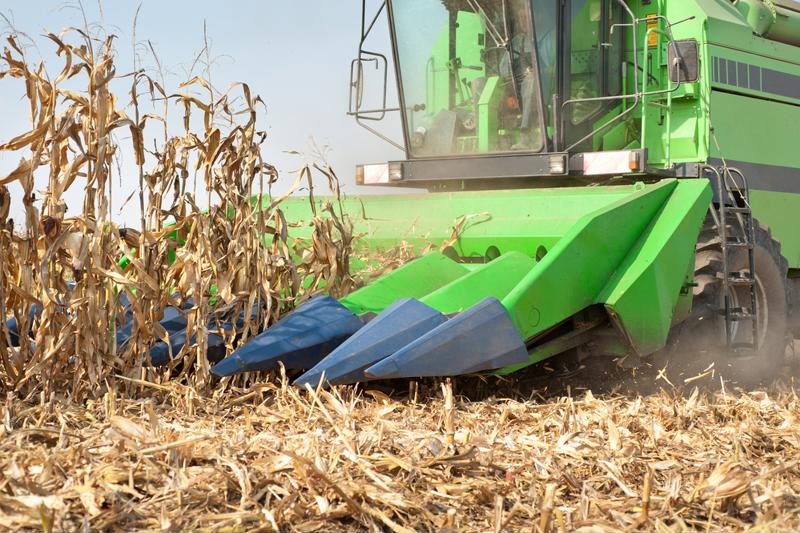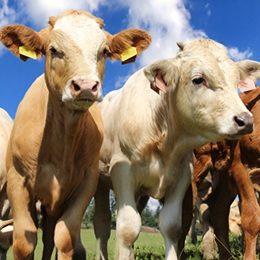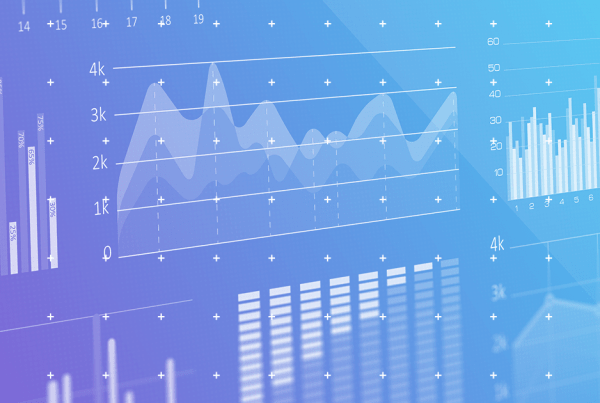There's nowhere left for data to hide in the modern business environment. Mobile devices mean employees can collect information in inventory warehouses, productions plants and distribution routes. Manufactures can source their supplies from anywhere – even the middle of a field.
Harvesting data
There is a variety of data that will indicate the quality of crops grown for consumption or manufacturing. The Columbus Dispatch detailed how farmers in Wisconsin attach data collection devices to farm equipment to gather information on planting schedules, seed numbers, crop yields and other important factors. With convenient computing options, agriculture professionals can consistently update records and track every activity that occurs.

Businesses can use this information to improve production and supply accurate information for partners. Some farmers sell the data collected to other companies that want insight into crop quality for industry study or to supply consumers with a complete record of food manufacturing ingredients.
All aspects of agriculture look for new ways to quantify natural processes. For example, Fast Company said many startups produce new wearable devices for cattle. Using smart ear tags and sensors cows can swallow, farmers monitor the health of livestock to remove animals that show sign of disease and test the effectiveness of new feed on growth and development.
Predicting the weather
Complete data records help users spot problems and measure results against expectations using performance analysis software. Real-time information and effective production management software can also assist in the creation of predictive models. With the right processes, businesses can learn how to deal with production factors as chaotic as the weather.
The International Center for Tropical Agriculture said integrating crop data with information from weather monitoring allows farmers to plan ahead, according to Gizmag. Agriculture professionals can select seeds and design schedules around the numbers and conditions that perform best in certain climate conditions. This practice should prove especially important as climate change takes it toll and farmers need to anticipate adjustments to traditional practices.
Predictive modeling software also helps make the most of data coming in from connected cows. Digital Trends reported Japanese tech company Fujitsu introduced a wearable device that monitors animal's health and predicts when cows are ready for artificial insemination. The system checks for factors invisible to the human eye and sends automatic warning when it's time for farmers to take action.
Food manufactures – and any company looking for innovative data collection and analytic information – should pay careful attention to how farmers use intelligent business solutions. The implementation of automatic data collection and predictive analytics into a rural environment shows there's no limits to modern information solutions.






